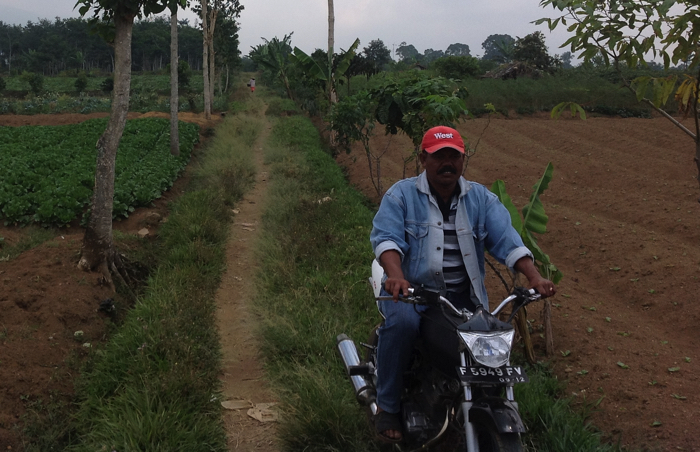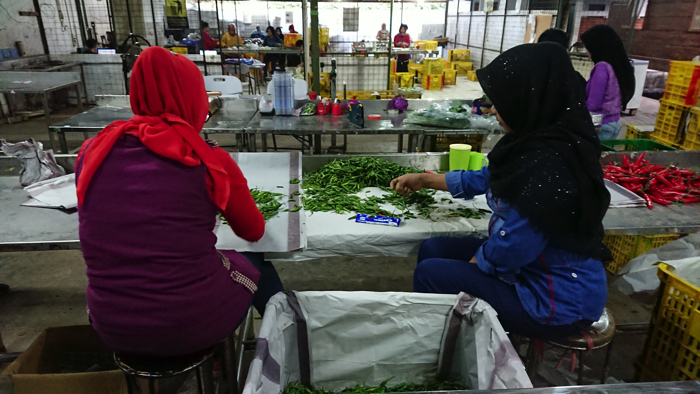- Project Leader : Ikeda Shinya (Ibaraki University, College of Agriculture)
Outline of Research
In developing countries, a rapid retail marketing transformation led by supermarkets and hypermarkets has spurred a tremendous paradigm shift in agriculture, causing concern that agricultural production will decrease if smallholder farmers who rely on traditional indigenous marketing cannot adapt to the changes. This book provides an alternative view by asking how smallholder farmers link to this emerging agricultural value chain. It uncovers a revival of entrepreneurship in Java’s agricultural marketing on the part of smallholders and middlemen through a detailed field survey that examines middlemen in mid- to up-stream segments of distribution channels and by employing econometric methods to analyze the field data.
Description
With the expansion of modern marketing channels—particularly supermarkets and hypermarkets—in developing countries, smallholder participation in agricultural value chains is often viewed in the context of international development. This book offers new perspectives on this phenomenon, concluding that in the emerging marketing paradigm, modern channels should not replace traditional ones, but rather both should be harmonized by utilizing the adaptive nature of smallholders and intermediaries. Our objective for publishing this book in Japanese is to provide insights for scholars, development donors, and even Japanese farmers who engage with the development of this new paradigm.
While similar studies pay attention to the dynamics of middlemen who lead and manage agricultural marketing in developing countries, they rarely examine the various middlemen, including assemblers in rural areas and wholesalers in urban public markets, who play critical roles in this new agricultural marketing paradigm. To overcome the difficulties and complexity of studying roaming middlemen, this study applied an approach that required 1) a long-term field survey to follow middlemen throughout the distribution process and 2) comprehensive analysis of the multitude of dynamic interactions among smallholders and middlemen. Concretely, we combined the field surveys of mid- to up-stream segments of the value chain while at the same time applying analytical frameworks to sales contracts between sellers and buyers in each segment based on development economics.
Smallholder participation in agricultural value chains is an issue for market players not only in developing countries, but also in Japan. Therefore, this book could stimulate international cooperation among stakeholders in Japanese agriculture who apply advanced marketing technology.


